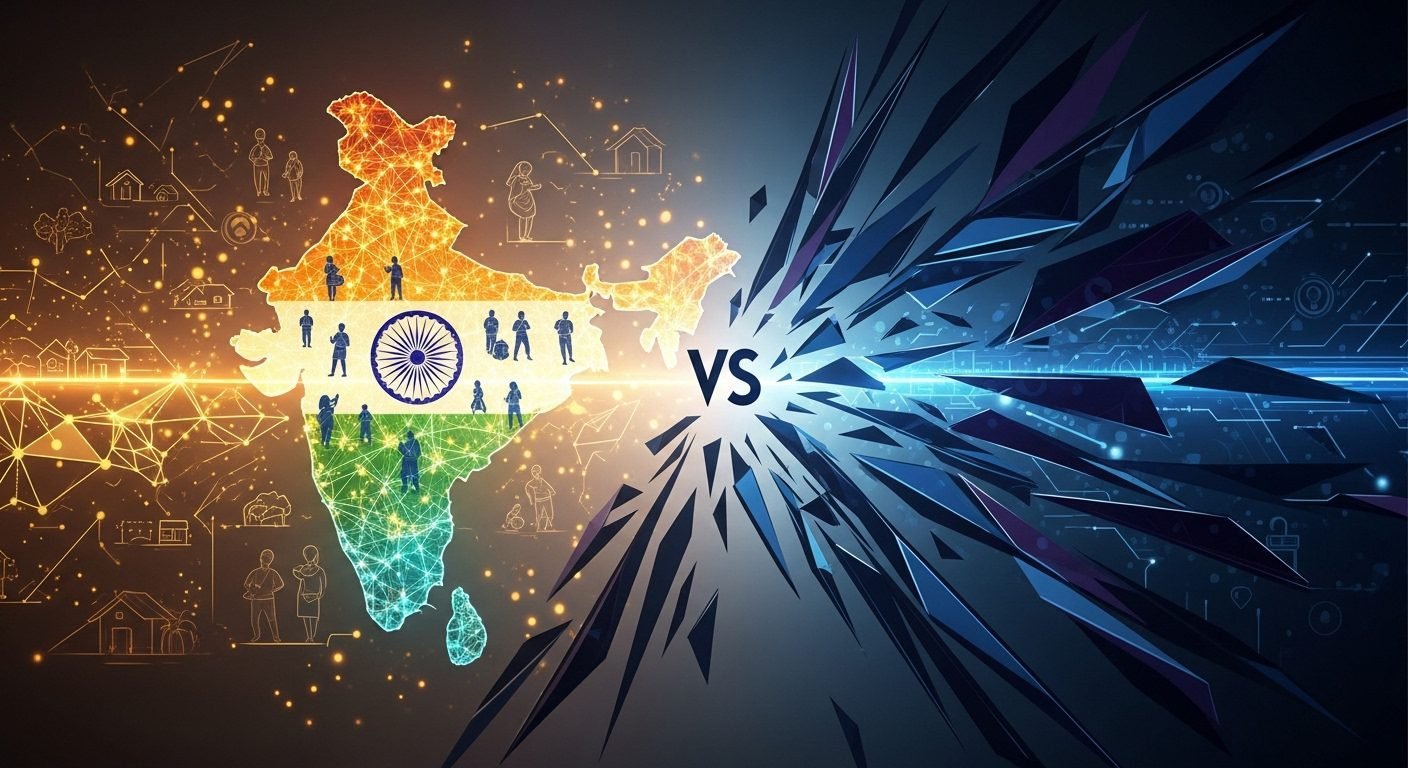“You cannot unlawfully acquire content from shadow libraries or other pirate sources as the building blocks for your models.” Maria Pallante, President and CEO of the Association of American Publishers, minced no words, crystallizing a profound legal principle now reverberating across the artificial intelligence industry. This declaration followed the monumental $1.5 billion Anthropic settlement in a class-action copyright infringement lawsuit, a landmark event reshaping how investors and entrepreneurs evaluate risk in the AI sector.
This historic sum, earmarked for authors and publishers, represents the largest publicly reported copyright recovery in history. It signals a critical inflection point for the burgeoning AI industry, forcing a re-evaluation of valuation models and a heightened focus on intellectual property compliance.
Investor Pulse
- Market Sentiment: Cautiously Optimistic (with elevated legal risk awareness).
- Key Catalyst: Legal Precedent & Ethical Data Sourcing Imperative.
- Time Horizon: 12-18 months (for industry adaptation and further legal clarity).
For institutional investors, the Anthropic settlement is far more than a legal footnote. It is a profound lesson in risk management, underlining the tangible financial liabilities that can arise from unchecked growth in the AI domain. The lawsuit, Bartz et al. v. Anthropic PBC, exposed Anthropic’s alleged ingestion of millions of pirated ebooks from “shadow libraries” like Library Genesis (LibGen) and Pirate Library Mirror (PiLiMi) to train its Claude large language models (LLMs). Evidence presented indicated the company downloaded over 7 million such digital copies.
U.S. District Judge William Alsup’s pivotal June 2025 ruling established a clear legal boundary. While the use of lawfully acquired content for AI training could fall under fair use, the exploitation of pirated works was deemed “inherently, irredeemably infringing.” This distinction set the stage for a high-stakes trial where Anthropic faced potential statutory damages ranging into the tens of billions of dollars, with some observers even estimating liability could have reached a trillion dollars.
Against this backdrop, the $1.5 billion settlement, filed on September 5, 2025, emerges as a calculated strategic outlay. Anthropic, recently valued at an astronomical $183 billion after securing $13 billion in funding, possessed the financial wherewithal to mitigate this existential threat. The payout, approximating $3,000 for each of the estimated 500,000 copyrighted works, enabled the company to sidestep a protracted, costly, and potentially devastating legal battle. This decision protected its market standing and future fundraising capabilities, effectively treating the settlement as a “toll booth, not a stop sign” for past infringements, as legal analyst Aaron Moss observed.
The ripple effects of this settlement will resonate across the competitive landscape of the generative AI industry. The explicit judicial stance against using pirated materials for AI training immediately raises the bar for ethical data sourcing practices. Competitors like Google, Meta, Microsoft, and OpenAI, all currently embroiled in similar copyright lawsuits, are now on notice. The “move fast and break things” ethos will incur significant financial penalties when intellectual property rights are transgressed through illicit means.
This new legal clarity is likely to drive a systemic shift towards more rigorous and transparent data acquisition strategies. AI developers will increasingly need to demonstrate robust intellectual property compliance, fostering an environment where licensed datasets become a premium commodity and a new competitive moat. It’s crucial to note, however, that the Anthropic settlement specifically covers “past claims” related to pirated works acquired before August 25, 2025. It notably does not address future training data acquisition or the complex issue of “output liability,” where an AI’s generated content might itself infringe copyright.
Moreover, the settlement’s journey has faced recent complexities. Judge Alsup denied preliminary approval, expressing reservations regarding the fairness of the claims process to authors and the potential for “behind the scenes” deals between plaintiffs’ lawyers and publishers. This suggests that while a price has been set for past infringement from pirated sources, the broader framework for AI and copyright remains a contested and evolving domain. The judge also voiced disappointment that critical questions about allocation and dispute resolution for works with multiple claimants remain unresolved.
For investors, this signals an elevated level of due diligence when evaluating AI ventures. Companies with clear, ethical, and defensible data pipelines will likely command a premium. Those with opaque or questionable sourcing practices will face increased scrutiny and potential future liabilities. The Anthropic settlement serves as a powerful reminder that in the race for AI dominance, a sustainable corporate strategy must be built on a foundation of legal compliance and respect for intellectual property.
The legal and financial landscape for AI is still forming, but one truth has been irrevocably established: intellectual property rights are a foundational pillar, not an optional accessory, for long-term success.
For a detailed breakdown from the plaintiffs’ perspective, refer to the press release from Lieff Cabraser Heimann & Bernstein LLP on the settlement: Authors Secure $1.5 Billion Settlement in Landmark AI Piracy Case












электрокарнизы для штор электрокарнизы для штор .
1xbet yeni adresi 1xbet-10.com .
клиника наркологии клиника наркологии .
маркетинговые стратегии статьи маркетинговые стратегии статьи .